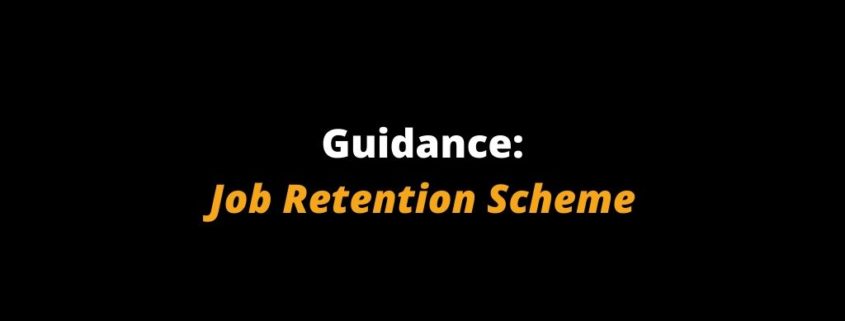We’ve been closely monitoring the support being made available by the Government. In particular, we’ve been keen to get more details about the Job Retention Scheme (often referred to as the ‘80%’ scheme).
Further details on this particular scheme are now available directly here.
Key issues
The main aspects of the scheme which are most relevant to you (based upon our review of the rules and feedback we’ve received from the clients we have been discussing this with in detail) are as follows:
- There doesn’t appear to be any restriction for directors/family member, which was one of our initial concerns – so everyone may apply.
- Companies will receive a grant from HMRC to cover the lower of 80% of an employee’s regular wage or £2,500 per month, plus the associated Employer National Insurance contributions and minimum automatic enrolment employer pension contributions on that subsidised wage.
- Furloughed employees must have been on your company payroll on or before 28 February 2020
- If the employee has been employed (or engaged by an employment business) for a full twelve months prior to the claim, you can claim for the higher of either:
- the same month’s earning from the previous year
- average monthly earnings from the 2019-20 tax year
If the employee has been employed for less than a year, you can claim for an average of their monthly earnings since they started work.
- You can choose to provide a top-up salary in addition to the grant. Employer National Insurance Contributions and automatic enrolment contribution on any additional top-up salary will not be funded through this scheme
- Grants will be paid by BACS, after providing your bank account details, although there is no timescale for home quickly companies will be reimbursed.
This is a very rapid piece of legislation and is consistent with the Governments initial announcement. The main issue still not resolved is the timescale from submission of a claim to payment. Be assured that we will keep monitoring the situation and share key details and updates as they emerge.








